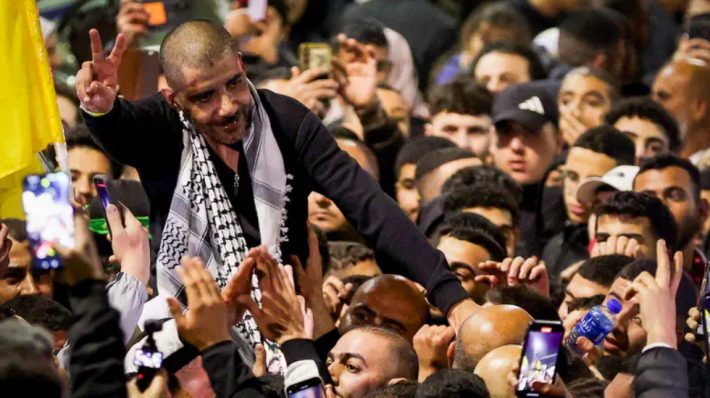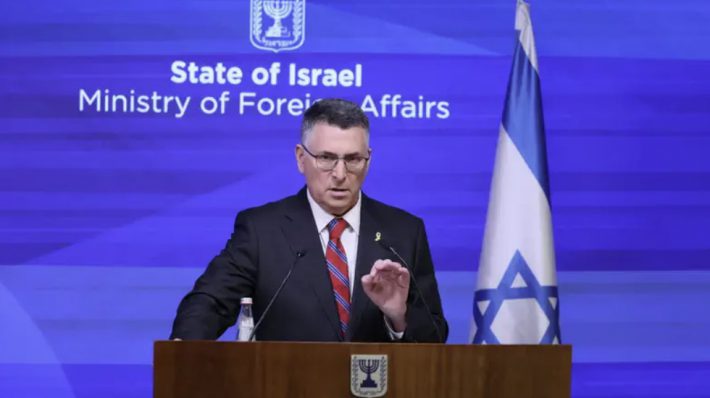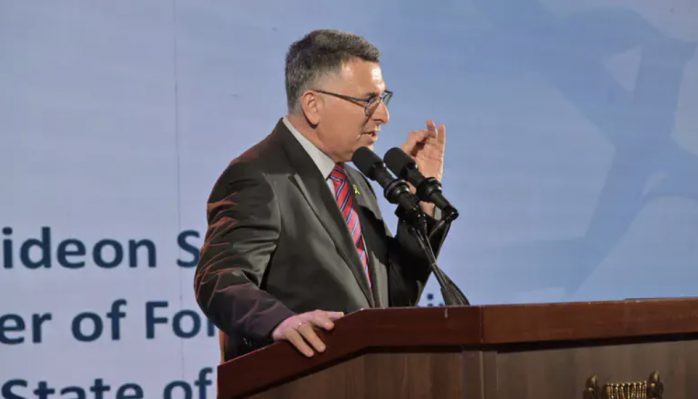In a stunning confession, freed Palestinian militant Zakaria Zubeidi admits that decades of suicide bombings, armed struggle, and cultural activism have utterly failed to bring about a Palestinian state.
Zakaria Zubeidi — once the feared commander of the Fatah-linked Al Aqsa Martyrs Brigade in Jenin and a symbol of the Second Intifada’s ruthless violence — has delivered a rare and sobering admission: decades of armed struggle and political activism have failed to deliver Palestinian statehood.
Now 49, Zubeidi walked free in February under a controversial hostage release deal, despite being convicted of multiple violent crimes and accused of ordering deadly attacks on Israeli civilians. For many in Israel, his release was nothing short of a national outrage. Bella Avraham, whose husband was killed in one such attack, told Israeli media: “I expect the state to hunt him down until his last day.”
During the bloody early 2000s, Zubeidi rose to notoriety as the mastermind of Jenin’s Al Aqsa Martyrs Brigade, a militia responsible for shootings and bombings that killed roughly 1,000 Israelis. Though he denied direct involvement in murders, Israeli authorities charged him with 24 violent offenses, including a fatal assault on a political party office. His defiance was legendary: “I’d never give myself up… I’d rather die,” he once boasted.
In 2007, he accepted an Israeli amnesty and swapped bullets for the stage, co-founding the Freedom Theater in Jenin with foreign activists. But even his “cultural” work carried the shadow of his militant past. “The media said Zakaria moved from armed struggle to cultural struggle,” he told The New York Times. “But how did I open the theater door? I broke it with my rifle.”
Rearrested in 2019, Zubeidi briefly regained infamy with a daring 2021 tunnel escape from an Israeli prison — only to be caught days later. That jailbreak, celebrated in Palestinian media, led to harsher conditions for all security prisoners. Even then, he admits, it was futile: “I always knew it would end in death or recapture.”
Now, months after walking free, Zubeidi’s tone has shifted. “We have to reconsider our tools,” he conceded. “We tried the rifle, we tried shooting — there’s no solution.” He dismissed cultural resistance too: “We founded a theater… what did that do?”
Yet his ideological stance remains unmoved. He still rejects Israel’s legitimacy, insisting, “There is no peaceful solution and there is no military solution… it’s impossible to uproot us from here, and we don’t have the tools to uproot them.”
The New York Times notes that Zubeidi has enrolled in a Ph.D. program in “Israel Studies” at Birzeit University, claiming the research will help him “understand the complexities of the conflict.” But for many, his words remain laced with the same uncompromising hostility that defined his life in the gun’s shadow.





